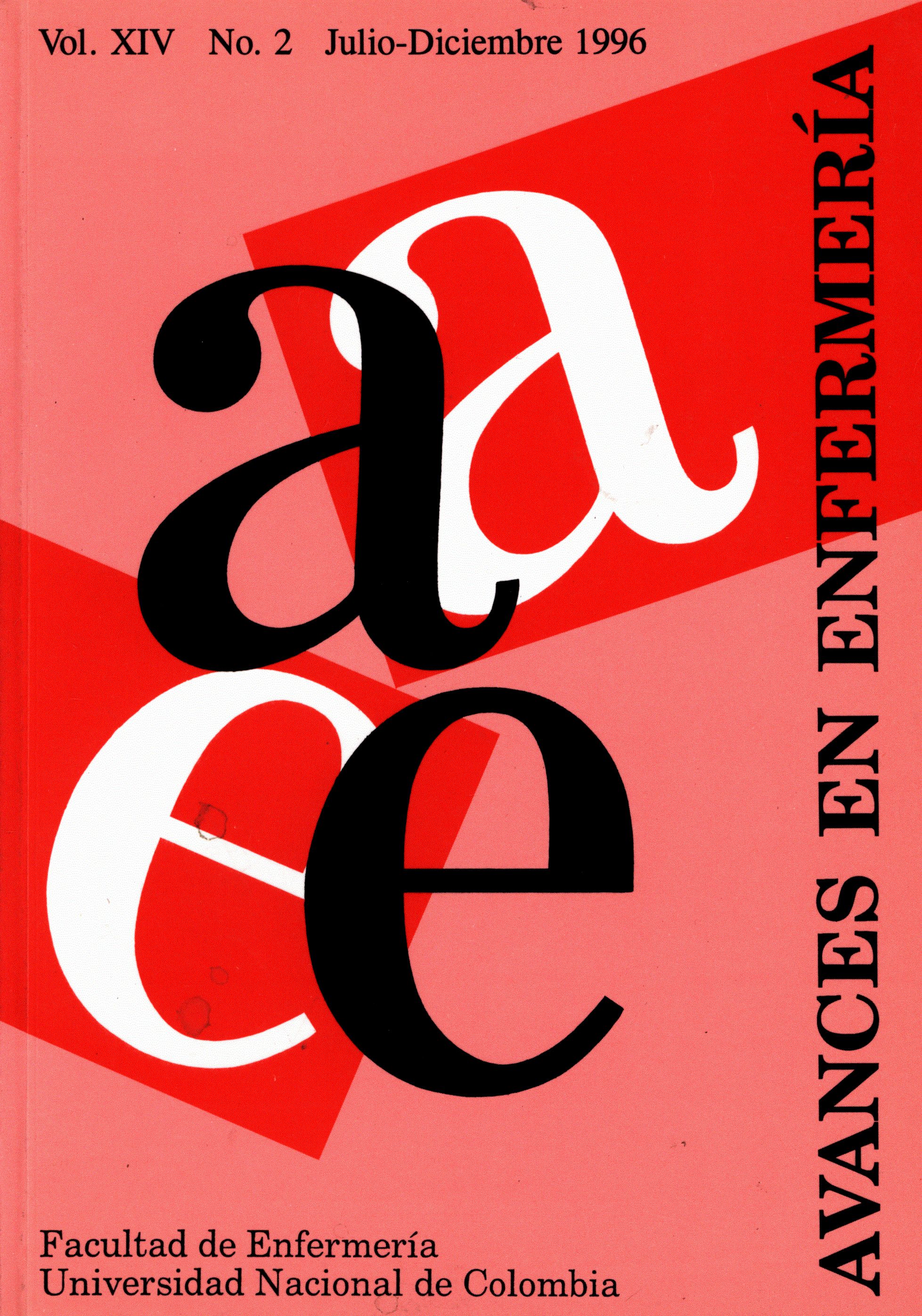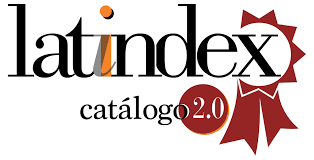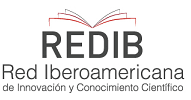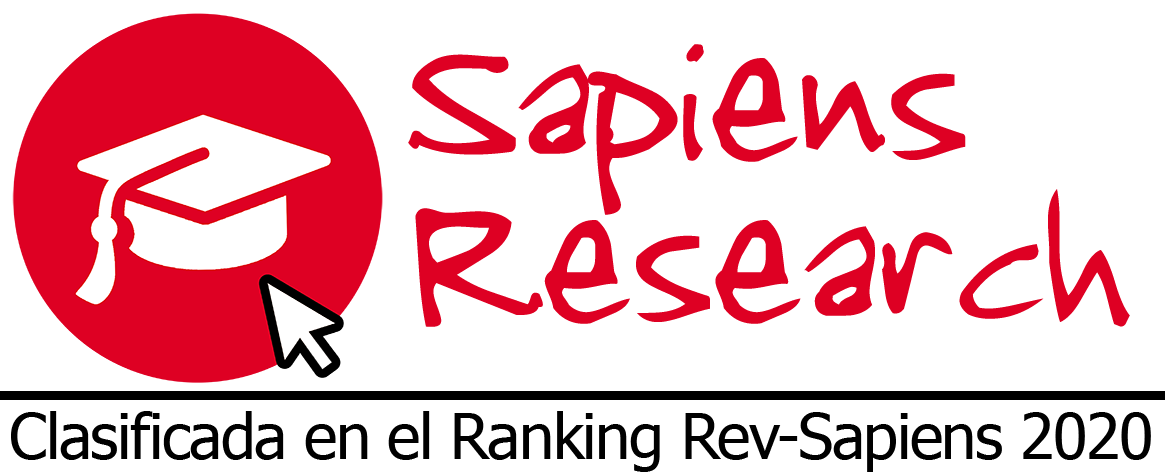El rol de los cuidadores intrafamiliares adultos y su desempeño en la sociedad actual
Keywords:
cuidador intrafamiliar, aprendizaje, intervención (es)professional nurse, work of intrafamily (en)
Downloads
La labor del cuidador intrafamiliar suele mostrar excesivo desgaste, frustración, displacer y estereotipia. El profesional de la enfermería requiere de conocer sus características y conflictos para definir las estrategias adecuadas. Más que un rol, corresponde a una función, necesaria y ejercida por un organismo, la labor del C.I. Se debe reconocer la autonomía del sujeto de cuidado en el proceso de aprendizaje interactivo. El enfoque debe reconocer una vertiente social, o altruista y aquella individual o egoísta. El C.I. reconstruye su propia identidad, en sentido origen-convivencia, condicionando su autoestima al fracaso o éxito, en tanto que el sujeto de cuidado, hace un aprendizaje vicario, observacional y de modelamiento, de las conductas del cuidador para determinar aquellas viables y no acertadas. Las instituciones de salud no se ocupan de este aspecto en forma sistemática, siendo prioritario bajo el enfoque preventivo, salir al paso de aquellos fenómenos que afectan la estructura de la personalidad y por ende las relaciones interpersonales, al interior del núcleo organizado de familia.
The work of intrafamily takecare shows excess tire, frustration, dislike, stereotype. The professional nurse requieres to know his or her characteristics and conflicts to definy the right strategies more than a roll correspond to a necessary function and to exert by organization the work of intrafamily takecare. It must be recognized the self government of the subject of takecare during the process of interactivic learning. The focus must be recognized a social pouring or altruist and that individual or egoist. The take care rebuild their own identity in the way of origen -blike together- condicioning their selfesteem to fall or success while the object of takecare does an old learning, observating and modeling the behaviour of the takecare to determine that and not rights; the health institutions don't care to this aspect in systematic way, and is priority under the focus preventive to know about phenomenons to affect the personality structure and the interpersonal relations to the inside of the nucleus of family organized.
References
BASSIT, W. Doeca mental e terapia familiar. In
D'I NCAO M.A. (org). Doeca mental e socieda
de: Uma discussáo interdiciplinar. Rio de
Janeiro, Graal, 1992. 7.
FOWLER, Marsha. D. M. Social Ethics and Nursing
IN: The Nursing Profession-Turning
Points. St. Louis: The C. V. Mosby Company,
HORWITZ. N., Florenzano, R. Y Ringeling 1. Familia
y Salud Familiar. Un enfoque para la
atención primaria. Bol. Of-Sanitaria Panamericana
(2), 1985.
MATTESON, MC. Connell E. Family Nursing.
Concepts and practice. W. B. Sunders, 1990.
PEÑA ARISTIZABAL, Sara Lucila. Influencia de
los conocimientos impartidos en Higiene
Oral por parte de los cuidadores intrafamiliares
sobre los hábitos en Higiene Oral de
niños escolares. Tesis (Magister en Enfermería),
Universidad Nacional de Colombia, Facultad
de Enfermería. Santafé de Bogotá, D.
c., 1994, 166 p.
SMITH, R, SARASON, 1. y SARASON B. Psicología
Fronteras de la Conducta, México: Harla,
, pp. 66-67, 257-260 Y 674-676.
How to Cite
VANCOUVER
ACM
ACS
APA
ABNT
Chicago
Harvard
IEEE
MLA
Turabian
Download Citation
Article abstract page views
Downloads
License
Copyright (c) 1996 Avances en Enfermería

This work is licensed under a Creative Commons Attribution 4.0 International License.
All articles published by Avances en Enfermería are licensed under the Creative Commons Attribution 4.0 International License. Starting 2020, we added the CC-BY-NC recognition to the license, which means anyone is allowed to copy, redistribute, remix, transmit and transform our contents with non-commercial purposes, and although new works must adequately cite the original work and source and also pursue non-commercial purposes, users do not have to license derivative works under the same terms.































